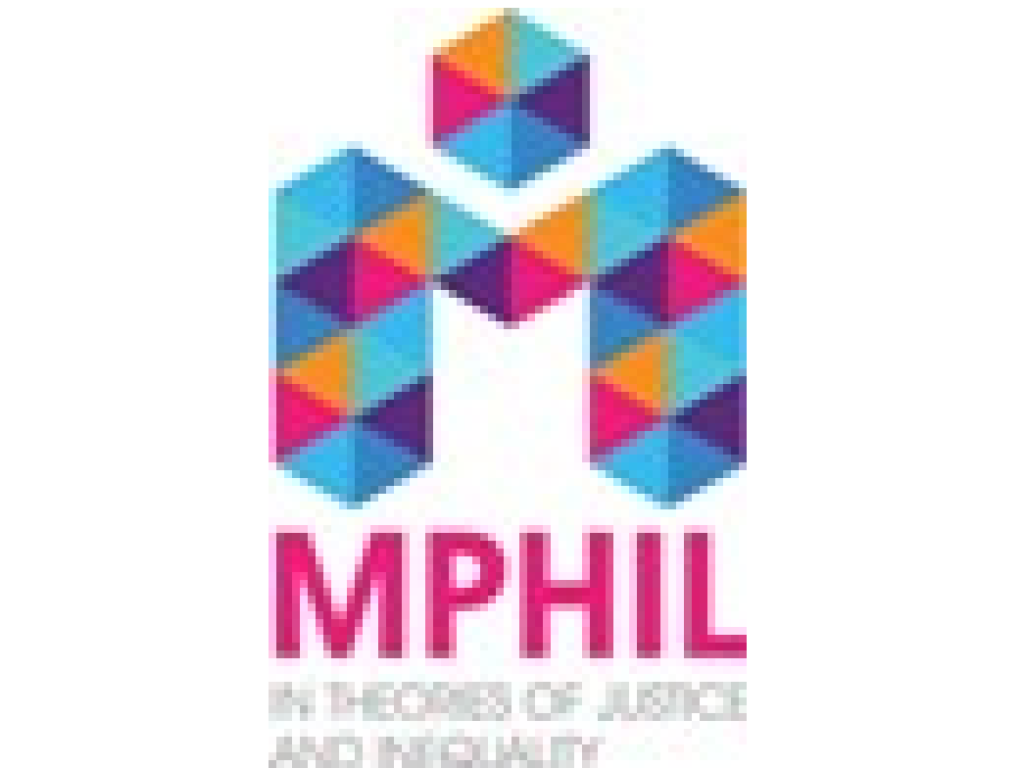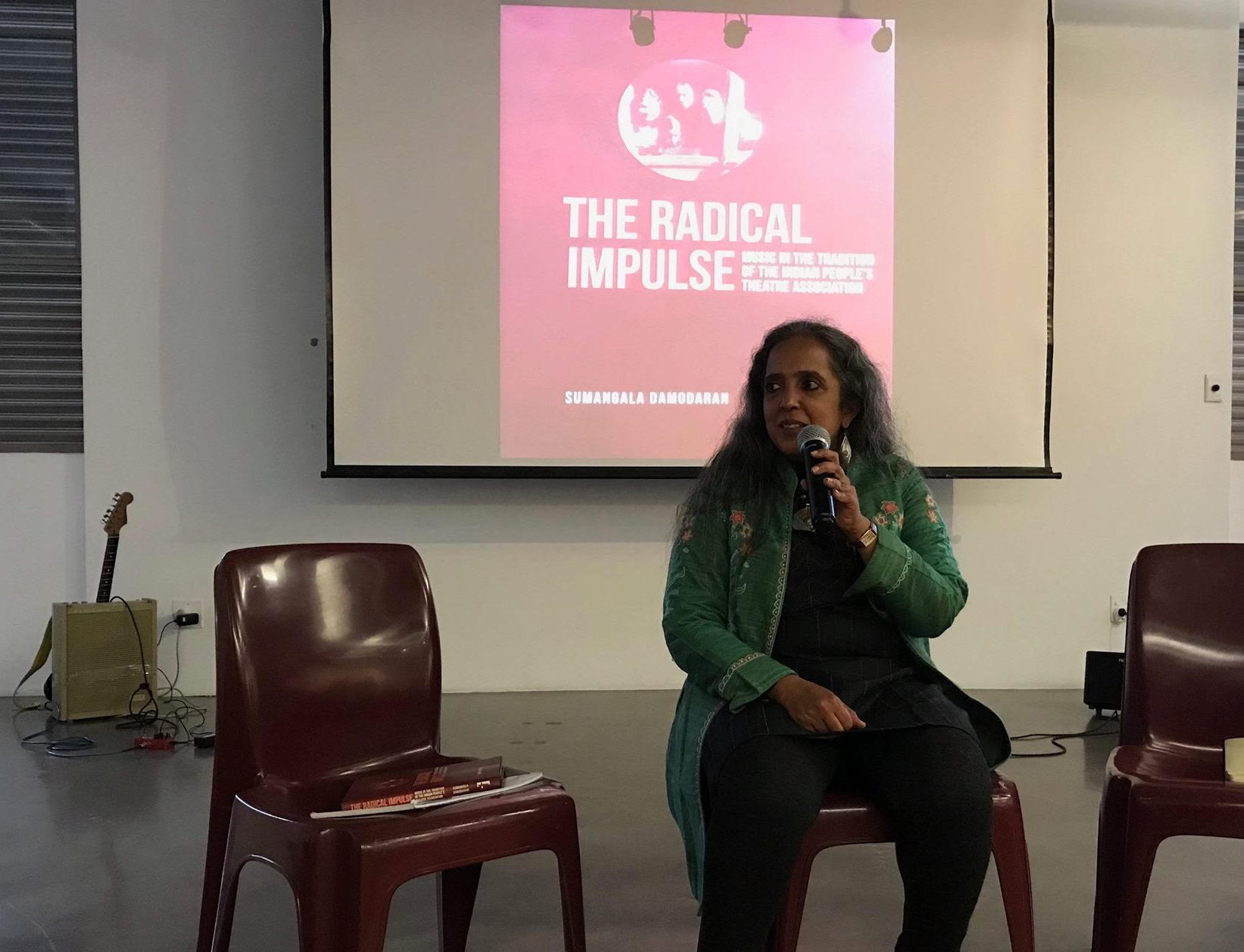Advancing Curriculum Transformation: The Role of a New Interdisciplinary MPhil Degree Specialising in Theories of Justice and Inequality

A proposed MPhil specialising in theories of justice and inequality has been conceptualised in the wake of longstanding demands for curriculum transformation and debates about who is regarded as a knower, what is regarded as knowledge, who is regarded an adequate theorist and what is regarded as theory. As framing a curriculum that can address these questions calls for a dialogue between different disciplines, the Theories of Justice and Inequality team in association with the PII and the Rethinking Politics and Philosophy Platform of Centre for Humanities Research, University of the Western Cape, recently hosted two workshops to contribute to the debates.
Trevor McArthur from the Department of Sociology and programme coordinator of the proposed new UCT academic programme, reflects on these gatherings and their value-add to the development of the proposed new MPhil degree.
The proposed MPhil in Theories of Justice and Inequality seeks to facilitate informed interrogation of the dominant paradigms that have guided our understanding of our societies and polities, and the injustices and inequalities they perpetuate. It especially calls for attending to the histories of postcolonial political and judicial institutions and practices, movements and struggles that they have emerged from associated intellectual traditions and literary and artistic forms.
We aim to especially highlight how ideas and ideals such as equality, justice, democracy, sovereignty and humanism that are central to the conceptual infrastructure of contemporary life have been re-worked and re-imagined in these multiple sites of the global South. Central to the programme is the question of how such iterations from postcolonial locations can be mobilised to generate new concepts and theories that can help grasp the nature of our modernity.
Framing a curriculum that can address these concerns calls for a dialogue between different disciplines. It also calls for examining how ideas sedimented in intellectual works, lived experience, popular and vernacular idioms of the past and the present can be drawn out and re-assembled as new frameworks to think with. To advance these objectives, the two workshops hosted by the Theories of Justice and Inequality team, in association with the Poverty and Inequality Initiative and the Rethinking Politics and Philosophy Platform at the Centre for Humanities Research at UWC, attracted academics and students from within UCT, neighbouring universities as well as two leading scholars from India who we endeavoured to learn from.
Identifying interdisciplinary intersections and overlaps

Panellists discussed topics related to critical and creative pedagogies; politics and law; spatial configurations and reimagining Southern cities; public protest and social practice art; as well as labour and social movements. The workshop concluded with the launch of a book by Prof. Sumangala Damodaran (Ambedkar University, Delhi) on the cultural history of progressive movements in India, The Radical Impulse: Music in the Tradition of the Indian People's Theatre Association (Columbia University Press, 2017).
Exploring Southern traditions of thinking
The second workshop was held at the end of October 2018 under the theme “The work of theory: Thinking from the South and our curriculum”. We invited Prof. Prathama Banerjee (Centre for Study of Developing Societies, Delhi) to lead and facilitate discussion sessions on the tension between the social and political in modern times using India as a case in point.
We explored texts that analyse modes of intellection associated with Asian and African traditions of thinking; and discussed efforts to incorporate these in different courses and curricula. The question of how we can draw upon intellectual traditions as well as sites of everyday theorisation, lived realities, and concrete histories to develop a new conceptual infrastructure guided these engagements.
Aspiring to a space of new social and political imaginaries
Both workshops have richly contributed to the programme’s efforts to design a curriculum that will train students to not only abide by the realities of the global South, but also draw on it as a space of new social and political imaginaries. Our students, we hope, will be able to mobilise archives of thought and reflection from postcolonial locations to formulate more inclusive and rich set of norms that can guide the work of transforming these contexts, and making them more just as well as equal.
The MPhil specialising in Theories of Justice and Inequality is at an advance stage of progressing through university processes and we hope to formally launch as soon as these processes have been concluded. For more information about the programme please contact Trevor McArthur via email. Alternatively you could follow us on our social media platforms such as: Twitter @MPhil_Toji_UCT and on Facebook @MPhilToji.
Article by Trevor McArthur, programme coordinator, MPhil: Theories in Justice and Inequality, on behalf of the MPhil team, November 2018.